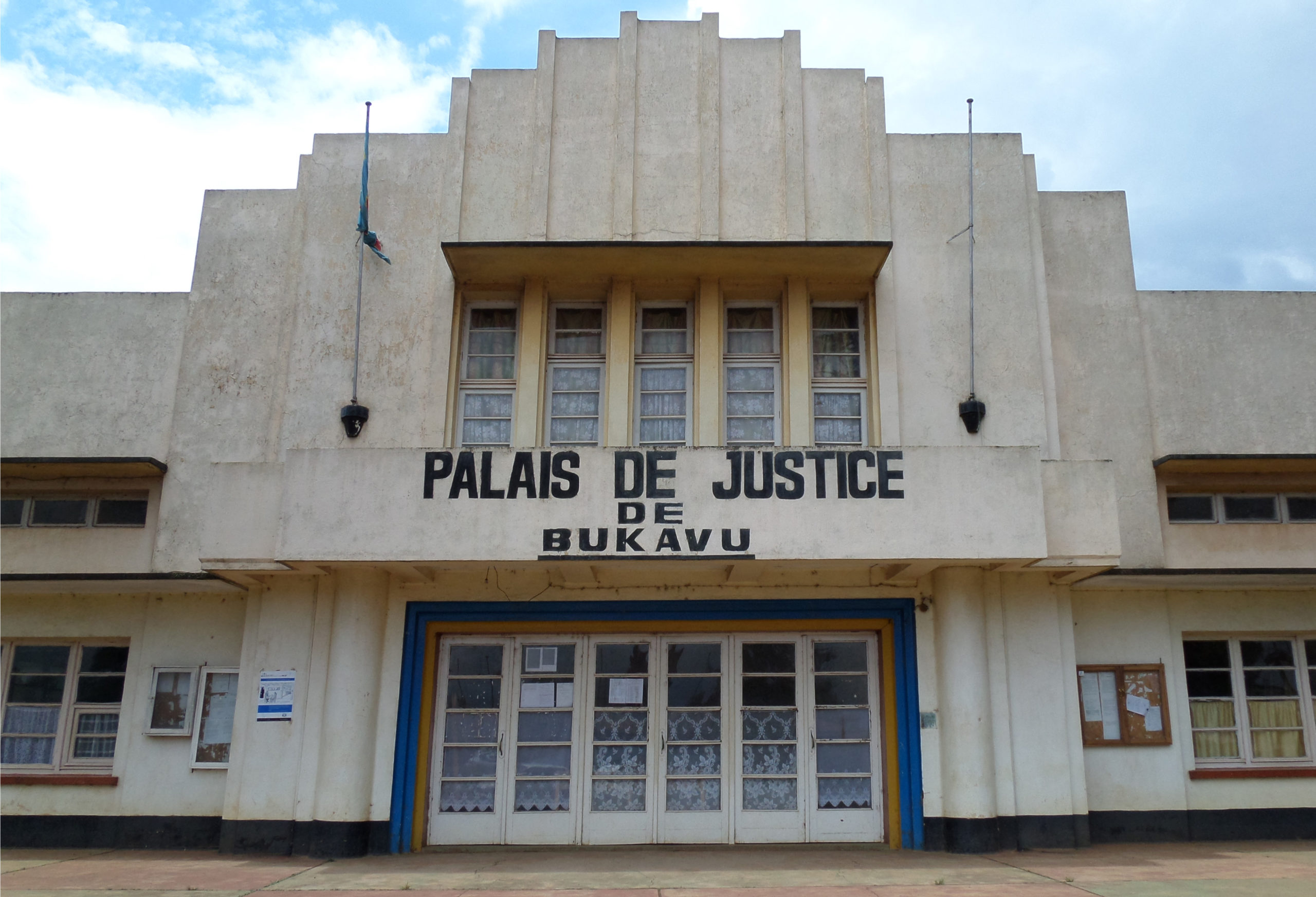In the last five years, eight individuals sentenced to one-year imprisonment for war crimes replaced their sentences with a fine. Three judgments were pronounced and decisions on replacement with a fine were made by the Court of Bosnia and Herzegovina (BiH), two by the Cantonal Courts in Zenica and Bihać each, and one by the Basic Court in Brčko District. Eight individuals convicted of war crimes therefore bought their freedom for BAM 292,000 – or BAM 36,500 per person, which was made possible by the existing criminal codes.

In the three judgments of the Court of BiH, the following indviduals were sentenced to one year in prison: Sead Velagić, as co-perpetrator of inhumane treatment of two prisoners at the “Ivan Goran Kovačić” Elementary School in Livno; Miroslav Perić, for inhumane treatment of a minor prisoner of the “Vojno” camp near Mostar; and Goran Pavković, who as an accomplice participated in the torture of the victims by harming their naked bodies with an electric baton, beating them with his legs and hands, as well as with a baton on all over their bodies, for crimes against prisoners of war in Prozor. The three men bought out their prison sentences.
Both the Cantonal Courts in Bihać and Zenica found that a one-year sentence, which can be replaced with a fine, is appropriate for war crimes against the civilian population and war crimes against prisoners of war. The court in Zenica sentenced Atif Krkalić to one year in prison for abusing civilians in the Police Station in Tešanj and Sead Dizdarevic for torturing civilians to extort confessions and information, inflicting severe physical and mental pain on them. The Bihać Cantonal Court sentenced Sefer Dervišević to one year in prison for abusing, torturing and humiliating civilians, mainly women and the elderly, in the municipality of Cazin, and Zlatko Hušidić for crimes against prisoners of war. All of them bought out their prison sentences.
The Basic Court in Brčko District sentenced Niko Brnjić to one year in prison for war crimes against the civilian population and his sentence was replaced with a fine. According to the Court in Brčko, he was convicted because he “failed to exercise his duty” as he failed to report a subordinate whom he knew had committed a criminal offence. Brnjić was the commander of the 108th brigade of the Croatian Defence Council (HVO) for Bosanska Posavina during the attack on the village of Bukvik, on the territory of the pre-war municipality of Brčko in September 1992, and he was accused of watching a subordinate member of the Prijedor company murder a wounded Serbian civilian.
In two cases, the Municipal Court in Banja Luka dismissed the convicts’ requests for a replacement of imposed prison sentences with a fine, but did replace them with an alternative measure of community service.There have been no such replacements of a prison sentence with a fine in the remaining 14 cantonal or district courts.
Prison sentences of 12 months can be bought out according to the four criminal codes in BiH. According to the BiH Criminal Code, a day of imprisonment can be exchanged for BAM 100, the Criminal Codes of the Federation of BiH (FBiH) and the Brčko District stipulate the same amount, while the Criminal Code of the Republika Srpska (RS) provides that a day of imprisonment is worth BAM 50.
According to earlier data of the OSCE Mission to BiH, from 2006 to 2016, prison sentences were replaced by fines in four cases – three at the Cantonal Court in Bihać, and one at the Cantonal Court in Zenica.
The OSCE Mission to BiH singled out two cases at the Cantonal Court in Bihać against two men convicted of rape and attempted rape of minor girls during the war as particularly problematic. In both cases, a plea agreement was concluded, followed by one-year prison sentences and payment of BAM 50,000 for non-pecuniary damage to the victims. Both men requested replacement of their one-year prison sentences with a fine – which meant they did not spend a single day in prison.
We cannot speak of justice in these cases, says Aleksandra Petrić, Lawyer at the United Women Banja Luka, but we can speak of rigid regulations that can and must be amended.
“For the purpose of protecting the victims and the trust that they are asked to show for objectivity, impartiality and proportionality of the punishments, and given the gravity of the crimes committed and, above all, the long-term consequences that crimes, particularly of sexual violence, have on the victims, it is important to work on reforms of the criminal protection system by introducing exemptions to the possibility of replacing a prison sentence of up to one year with a fine for criminal offences of sexual violence,” she adds.
Neither Fair nor Moral
Urgent amendments to criminal codes are needed, says Adrijana Hanušić Bećirović, Senior Legal Advisor at TRIAL International, in order to make it impossible to replace prison sentences with fines in cases related to crimes against humanity and against values protected by international law.
“We, as a society, also need to reconsider this kind of practice in cases of other criminal offences that deserve similar guarantees of adequate punishment,” she notes.
In the meantime, she says, pending the legislative amendments, we should continue stressing these problems on different occasions and in reports, and encourage discussions and opinion exchanges about the practice in various expert consultations of judicial stakeholders.
“I must point out that the cases of rape and attempted rape of minors during the war were met with an extremely critical attitude of colleagues, who qualified it as a threat to the very purpose of punishment. As a result of the steps taken by TRIAL and by the OSCE Mission to BiH, as far as we know, there has been no further development of this practice in recent years,” adds Adrijana Hanušić Bećirović.
When applying the legal mechanism of replacing imprisonment with a fine in case of perpetrators of criminal offenses whose nature is such that the application of this mechanism cannot be justified, then, according to Božidarka Dugonjić, Judge of the FBiH Supreme Court, such situations can only be prevented by amendments to the criminal codes in BiH – i.e., explicit provisions that will exempt certain criminal offences to which, irrespective of the envisaged or imposed punishment, this mechanism will not be applicable.
“This would not entail the change of practice, but a change of the legal solution. At the same time, those cases in which a prison sentence was replaced with a fine – even though they were crimes that by their nature are such that the application of the mechanism is not justified – cannot be viewed as court practice, since they constitute rare exceptions, and not a rule,” she explains and stresses that her answers to the questions are not a formal legal opinion, nor do they represent legal positions she would hold in any legal case.
Mira Smajlović, a retired Judge of the Court of BiH, who worked on war crimes trials at the state level Court for 16 years, says that substituting a prison sentence for a fine in cases of war crimes is neither fair nor moral. She believes that this topic should be actively discussed, that awareness should be raised among the general public, and that the judges in such cases must be aware that the pronounced sentence “may tomorrow become a fine.”
“We need to talk about how moral it is, how fair it is, yes, it is in accordance with the law, but is it fair, is it moral – one does not exclude the other, one complements the other, so let us think in that direction. Therefore, first, we should focus on the public and second, we may have some brave judges who will, respecting the principle of fairness, interpret that a rigid norm does not correspond to social reality, which in our country is such that the victims are marginalised, especially victims of war crimes.”
Unlike the RS and FBiH criminal codes, the BiH Criminal Code, as Aleksandra Petrić points out, provides for exemptions to replacing prison sentences of up to one year with a fine with respect to criminal offenses against the integrity of BiH and criminal offenses related to terrorism.
“With this, the legislator sends a clear message that offences exist for which it is considered inappropriate to apply this mechanism. In addition, by selecting the exempted offences, the legislator clearly defines what is of priority importance to the system and the society,” she states.
In 2017, exemptions were introduced into the BiH Criminal Code for offenses for which the replacement mechanism does not apply. These are offences against the integrity of BiH and offences of terrorism, financing of terrorist activities, public incitement to terrorist activities, training for terrorist activities, and organising a terrorist group. War crimes, unfortunately, were not included in these exemptions.
The amendments were proposed by the then state-level MP of Serb Democratic Party, Aleksandra Pandurević, and included offences against the integrity of BiH, to which offences related to terrorism were added by the Constitutional and Legal Committee of the state-level Parliament. Both Houses of the BiH Parliamentary Assembly accepted the amendments to the BiH Criminal Code. That same year, however, the amendment proposed by MP Šefik Džaferović to completely abolish the possibility of replacing a prison sentence with a fine was not accepted.
It is evident, says Judge Mira Smajlović, that the proponents or the legislators are not sensitive and do not recognise this problem, that is why the public should put it on a pedestal and talk about the fact that it is shameful that prison sentences for war crimes are replaced by fines.
“Well, I guess that the legislator, the Minister of Justice, one of the proponents or someone else– just look at how many decisions the High Representative imposed – could make a decision in the direction of exempting war crimes from this replacement mechanism,” she says.
Božidarka Dugonjić, Judge of the FBiH Supreme Court, notes that, from the perspective of criminal legislation in BiH, if the courts have a legal obligation to replace a prison sentence of up to one year with a fine when so requested by the convicted person, the courts cannot be “criticised” for doing so because they act in accordance with the law.
“However, from a moral point of view, it is clear that for certain types of criminal offences, due to their very nature, the application of this mechanism is not justified, therefore, it is the duty of the legislator to address this,” she adds.
TRIAL International started cooperating with a number of sensitised MPs in the FBiH Parliament to draft a proposal of amendments to the article of the FBiH Criminal Code with the aim of preventing the replacement of prison sentences with fines for crimes against humanity and against international law. TRAIL is proposing an amendment to Article 43a of the FBiH Criminal Code, which stipulates this mechanism.
According to Adrijana Hanušić Bećirović, Senior Legal Advisor at TRIAL International, amendments to criminal legislation can contribute to the achievement of the purpose of the sanctioning policy that includes community’s condemnation of perpetrated offences, the preventive function, and strengthening citizens’ trust in the judicial system.
“Preventing this kind of practice also means abolishing the risk that some victims will again be deprived of a unique opportunity to achieve some form of satisfaction and that they will be subject to re-traumatisation that they did not deserve. In the end, it sends a clear message to the society as to how the system views and handles the offences from the 1990s – that left a deep mark on the lives of so many citizens of BiH,” she adds.
What is the Purpose of This Practice?
In the practice of BiH courts, prison sentences of up to one year are most often imposed, inter alia, for minor physical injuries, petty theft, traffic offences, endangering safety, negligent work, conclusion of a harmful contract, economic crimes. However, the problem arises when the most serious crimes against international law are punished with these sentences.
The mechanism of replacing a prison sentence with a fine does not constitute a judgment; it falls under the enforcement proceedings where the legislator envisaged the possibility that a prison sentence of up to one year can be replaced with a fine. This norm, as Judge Mira Smajlović explains, did have its justification, particularly with respect to property crimes.
“The state probably identified an economic interest, firstly, to fund the budget, and secondly, to unburden prison capacities so that the state does not have to support these individuals. It has a purpose for property offences. However, when the Code was being passed, the idea was that the courts will assess in which situations the option would be appropriate. The gravity of the offence was to be taken in consideration, as well as the circumstances of the offence – and that made sense. What happened in society for the legislator to decide to abolish the discretion of the court and to only leave the option for the convicted person to say: yes, I want my prison sentence to be replaced with a fine, and why was this done, I do not know. Most probably, the people who amended the law decided on this,” she says.
Therefore, according to the existing criminal legislation in BiH, the courts are obliged to replace a prison sentence of up to one year with a fine, at the request of the convicted person – if such a request is submitted, the court has no legal option to reject it.
This would all make sense in property offences, however, as Judge Smajilović adds, the proponent of the law failed to appreciate the implications it could have in case of other criminal offences.
Božidarka Dugonjić, Judge of the FBiH Supreme Court, adds that the mechanism of replacing a prison sentence with a fine is not a problem, but an efficient solution for short-term prison sentences (up to one year) to be bought out instead of served in penal institutions.
“Multiple effects are achieved, among which are the unburdening of penal and correctional institutions and the reduction of budgetary expenses for prisoner support and, on the other hand, there is the inflow of funds into the budget. This mechanism is applied in judiciaries of all modern democratic states also because, inter alia, the perpetrators of “petty” offences (sanctioned by more lenient punishment) cannot even complete the overall resocialisation program implemented in penal facilities while serving a short prison sentence,” she explains.
Although, as she says, there is a generally negative attitude of the public about the possibility of replacing prison sentences with fines, mainly due to lack of information about the conditions under which this mechanism is applied, we should be clear that this mechanism in the criminal legislation has its justification, which the European Court of Human Rights, as well as the BiH Constitutional Court, confirmed in their decisions.
“Problems in the application of this mechanism can arise where there are no legal criteria to restrict its application to a certain type of criminal offenses, as is the case in BiH; therefore, if there is a legal possibility of reducing the prison sentence to one year, it follows that the mechanism can be applied in case of perpetrators of more serious offences or perpetrators of offences sanctioned by more lenient punishment but of such nature that the application of this mechanism invalidates the purpose of punishment (rape, fornication, sexual intercourse by abuse of position, sexual intercourse with a child, etc.),” Dugonjić explains.
The problem arises, adds Judge Smajlović, in war crimes cases – the most serious criminal offences according to international law – which deserve the most severe criminal sanctions and the strongest social condemnation.
“And then these are reduced to a single economic category – which really requires us to think about it. It is the Code, it is the norm, but from the perspective of fairness and morality, it simply cannot stand the test. It is impossible to reduce a war crime to an economic category, to replace the punishment with an amount of money. It is incompatible, it is a violation of humanitarian law. I am taking here the position of the victim, our law failed to properly address that position,” she warns.
What Is the Message to the Victims?
According to Adrijana Hanušić Bećirović, Senior Legal Advisor at TRIAL International, the fact that prison sentences can be bought out in war crimes cases has a detrimental effect on the victims of those specific crimes, but also on the broader community of war crimes victims. In this way, she says, their confidence in the judiciary is directly undermined, because it suggests that even those who have committed the most serious crimes and have been sentenced for them, can, if they have the means, buy their freedom and thereby avoid the sanction even for the most heinous acts.
“The victims are thus deprived of the opportunity for satisfaction, as one of the reparation measures to which they are entitled to by international standards, and which, inter alia, can be achieved by appropriate punishment for the perpetrator of the crime. Without such satisfaction, and with additional disappointment due to the possibility of replacing the sentence with a fine, the process of rehabilitation and the attempt to integrate such an experience into their life is greatly hampered,” she adds.
Aleksandra Petrić, Lawyer at the United Women Banja Luka, says that the imposition of lenient sentences in war crimes cases sends a message to victims that these are acts constituting lesser social danger, that they do not produce serious consequences for the victim and society as a whole, which is disproportionate to the nature of war crimes.
“With lenient sentences, there can be no social condemnation of the crime, no achievement of justice that the victims expect, so that they feel that they are important to society and that society and the judicial system condemn what they had to survive,” she states.
Aleksandra Petrić reminds that victims of war crimes have been living on the margins of society for decades after the war in BiH, and their basic human rights are not a priority for public institutions.
“Prosecuting and convicting perpetrators of war crimes primarily brings the victims a sense of recognition of their suffering, confirmation that they experienced and survived horrors, that people believe them, that someone is guilty and will be held accountable for the crime they survived. The possibility of “buying out” war crimes sends the message that their suffering and its consequences are negligible and unimportant and that the rights of the perpetrator are more important than the suffering and pain of the victims. It is socially unacceptable and immoral,” she clearly states.
By replacing imprisonment with a fine, as former Judge of the Court of BiH Mira Smajlović says, we are telling the victims that their suffering is practically trivialised, that money can buy everything, including someone’s psychological suffering. She believes that the BiH society should, considering that it has come out of war, have a special sensitivity towards the victims.
“In general, every victim, especially victim of wartime sexual violence, should be protected, without any option of someone having money to be able to buy their freedom.” I think it is a very bad message to the victims,” says Smajlović.
She reminds that many convicted persons prosecuted at the Court of BiH receive financial help from several associations under the pretext that they provide them with this assistance for defence in criminal proceedings.
“Those funds may be coming from taxpayers, because they are probably financed from the budget. And when you think they use them to buy freedom – it is one thing to defend oneself in court and have a fair defence, and it is another thing when the Court makes a decision to exchange the sentence with a fine. It is trivialisation and not a good message for the victims. In the end, the economic aspect, the financial category, is predominant in our society and that we are not sensitive to someone’s suffering and the fact that not everything should be payable with money,” concludes Smajlović.
Author: Marija Arnautović
This article is the result of the author’s cooperation with TRIAL International in BiH.
This material is completely or partly financed by the Swedish development aid and The Kvinna till Kvinna Foundation. The Swedish development aid and Kvinna till Kvinna do not necessarily agree with the opinions expressed. The author alone is responsible for the content.




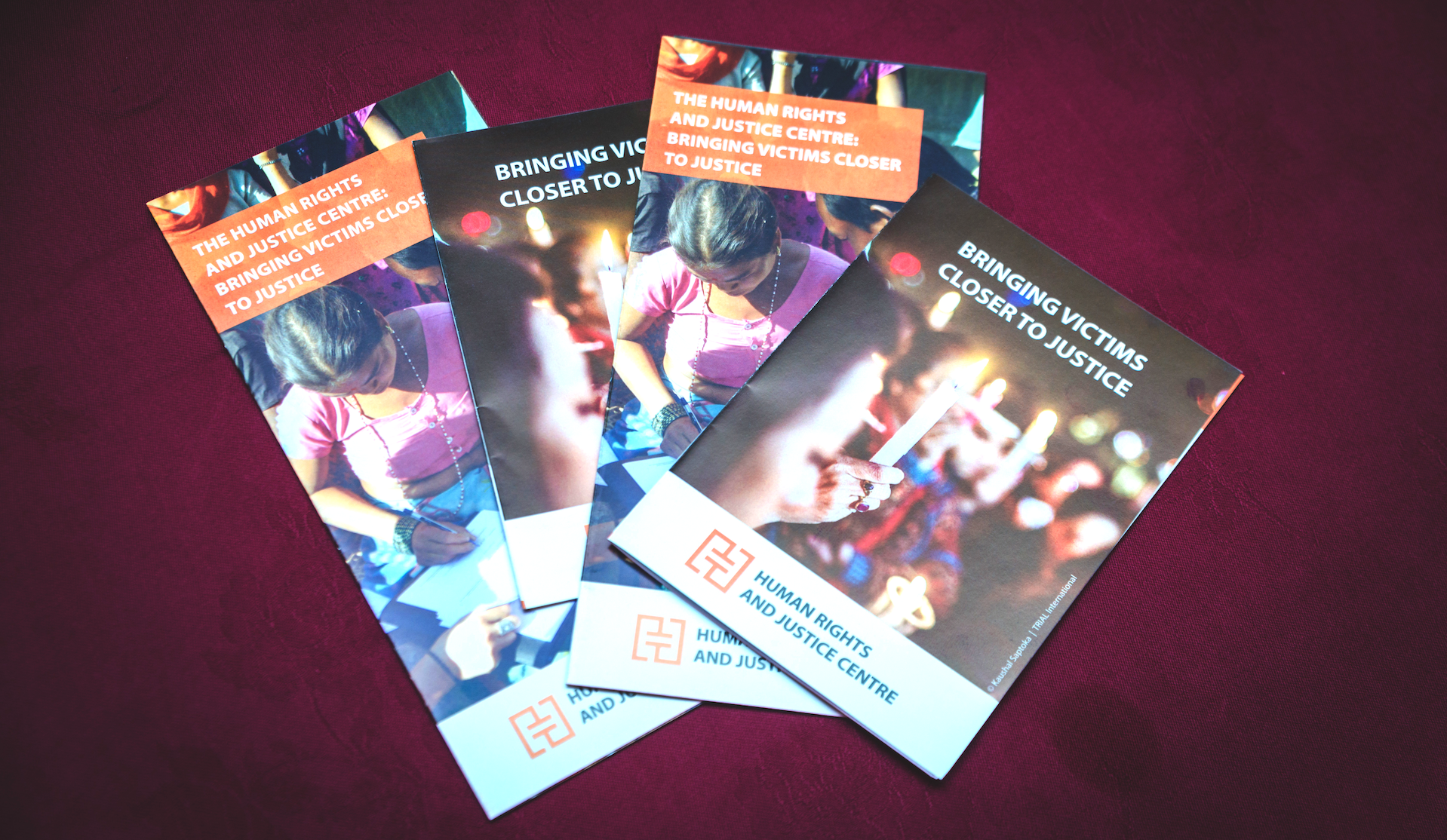
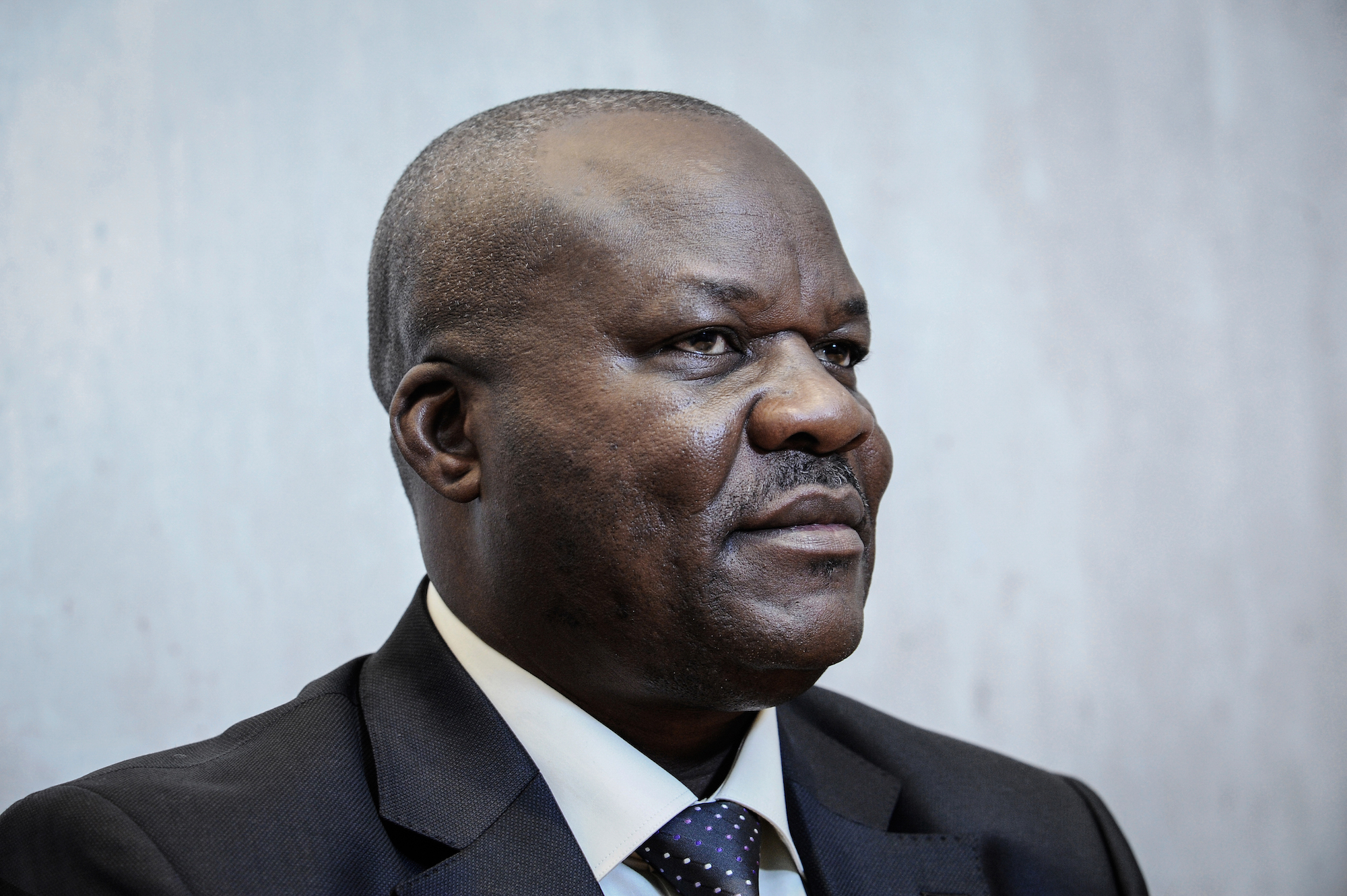

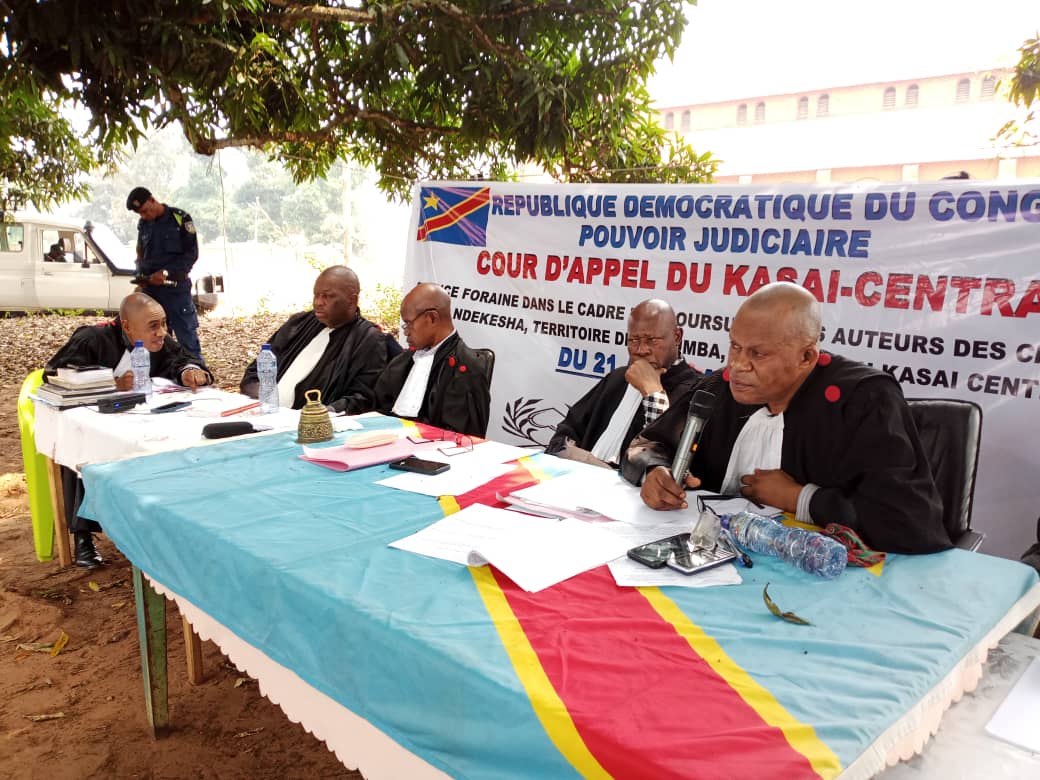
 © Ian McKellar/Creative Commons
© Ian McKellar/Creative Commons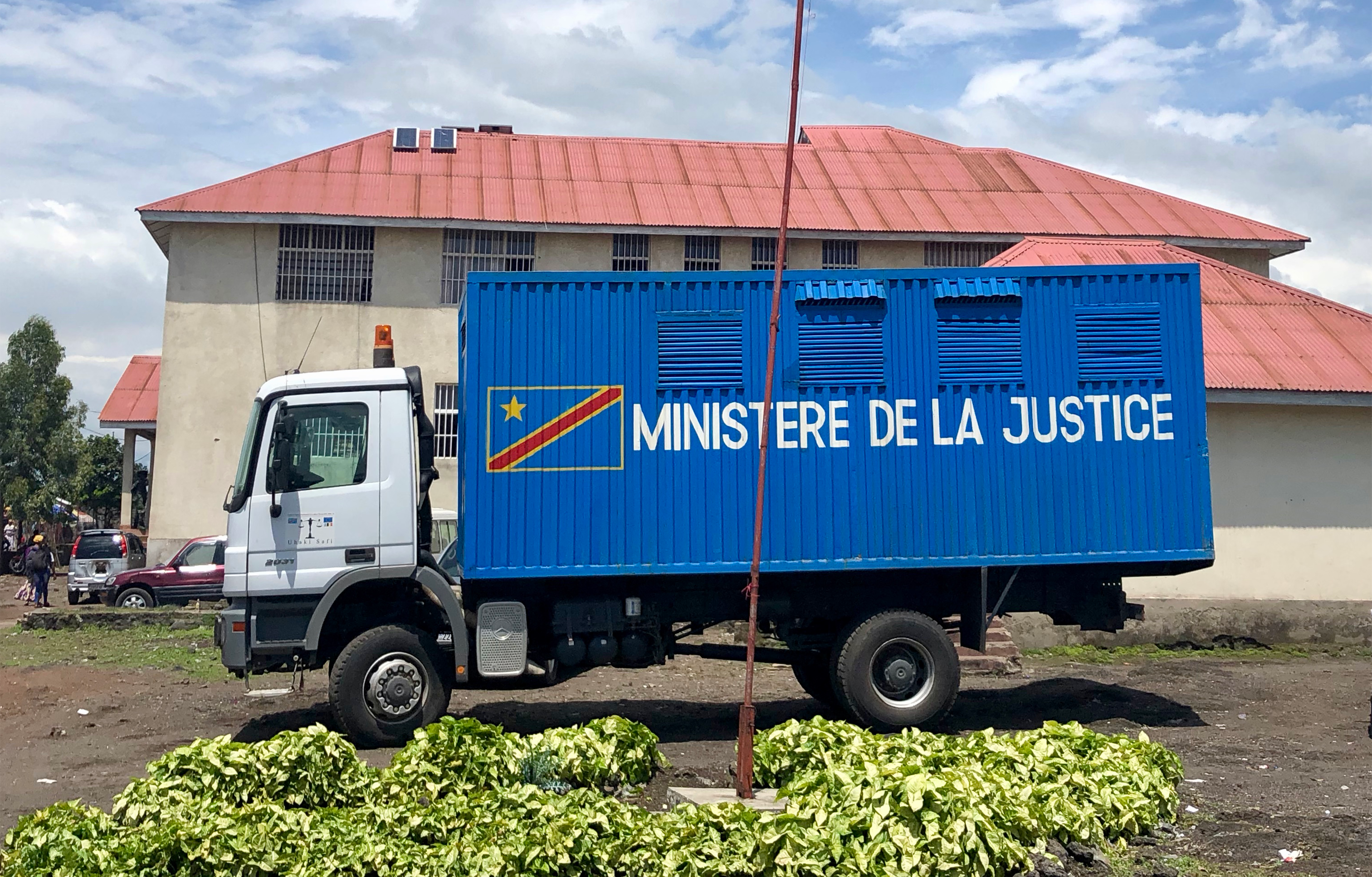 © TRIAL International
© TRIAL International

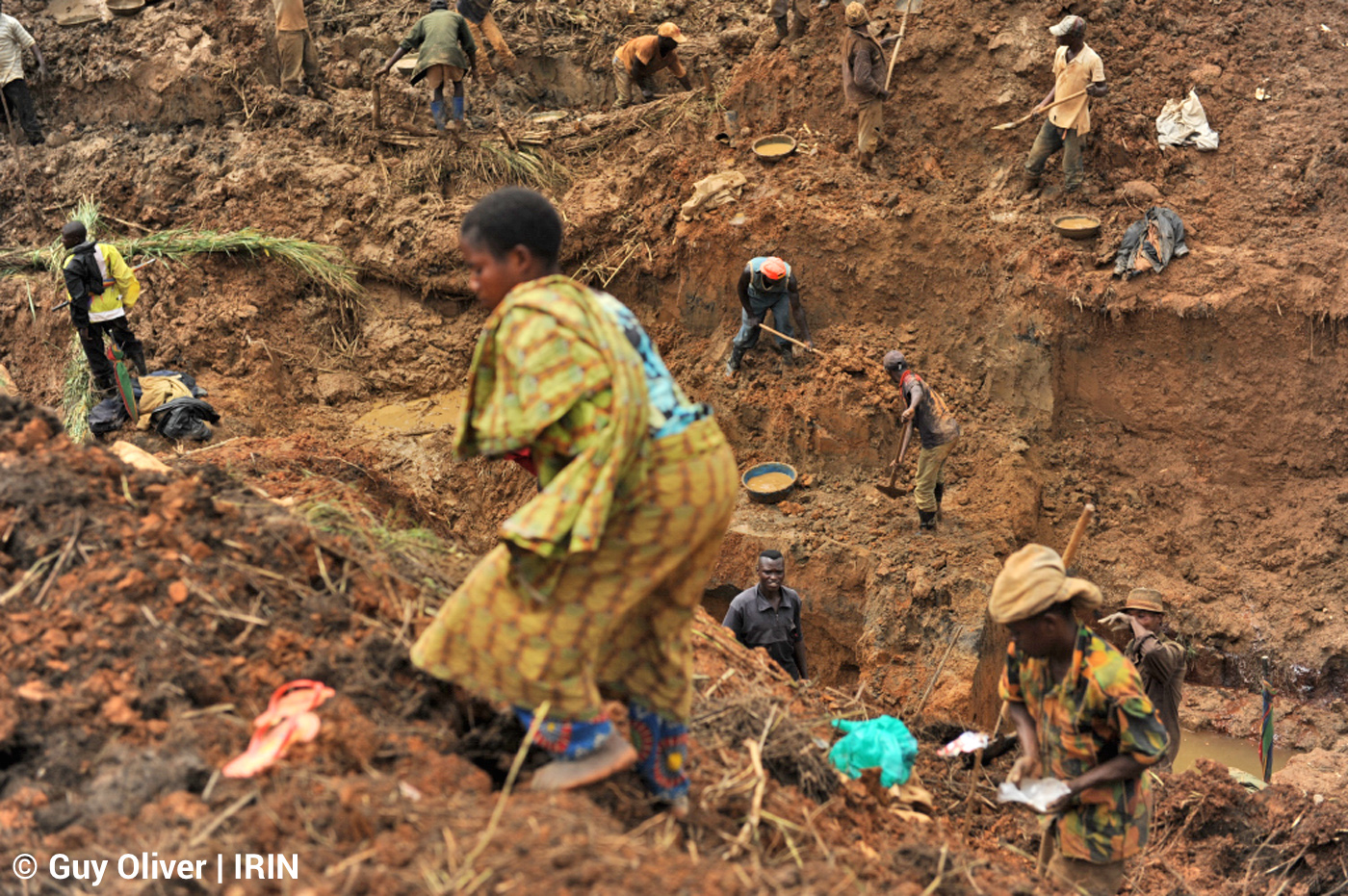
 © Trial International
© Trial International © Pavel Danilyuk
© Pavel Danilyuk © TRIAL International
© TRIAL International